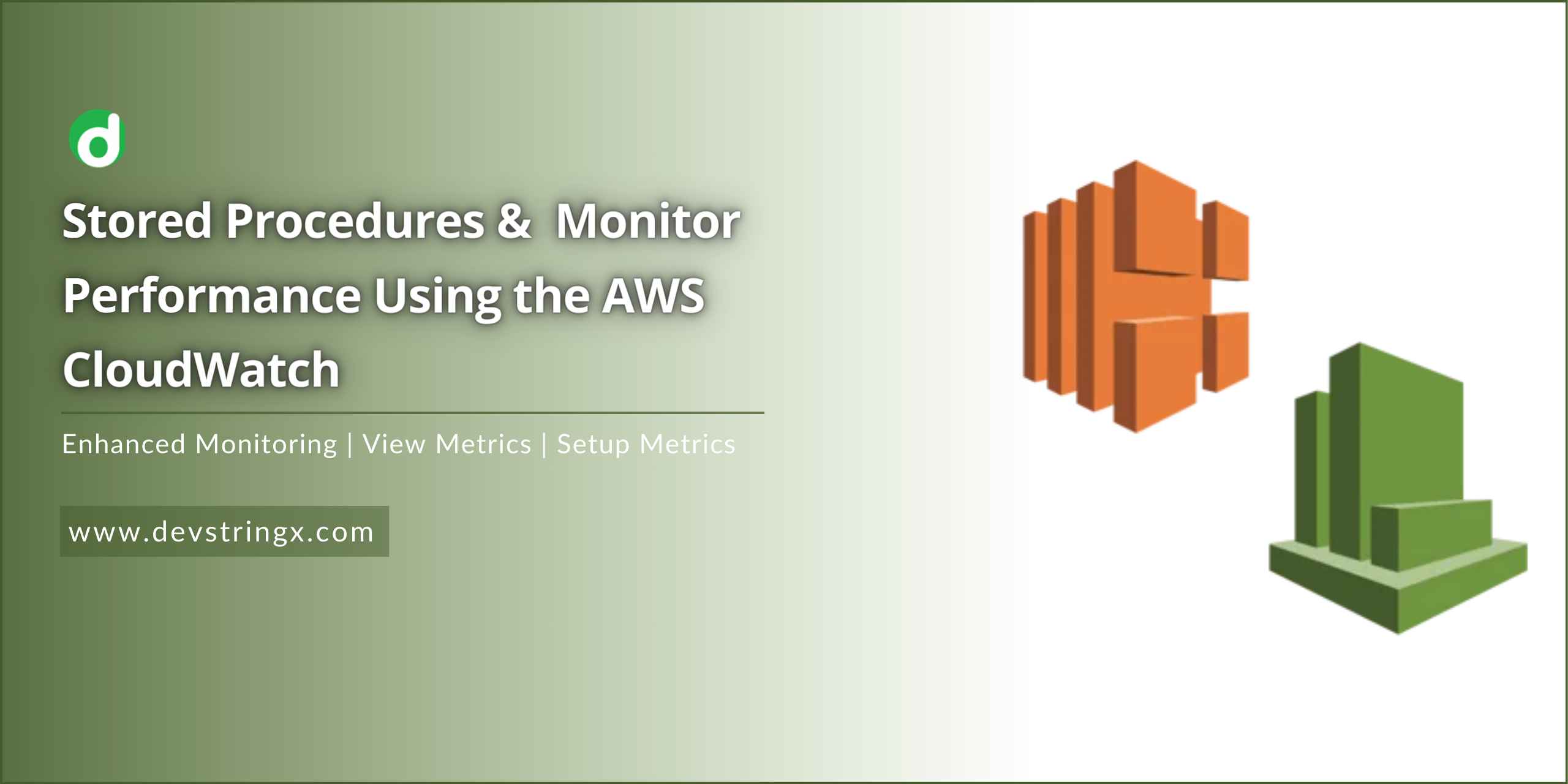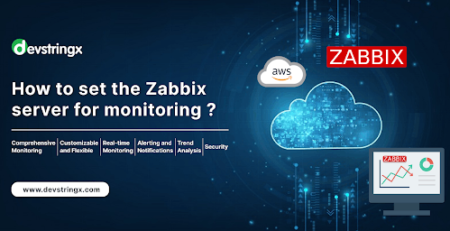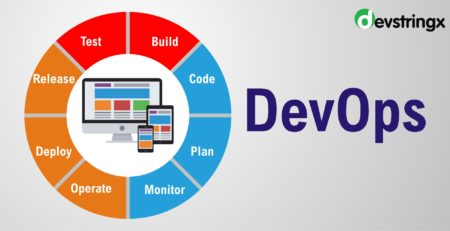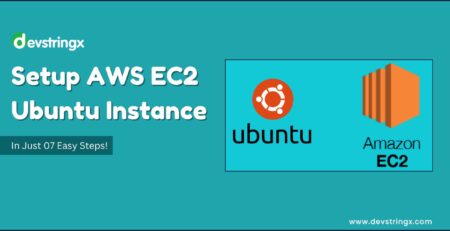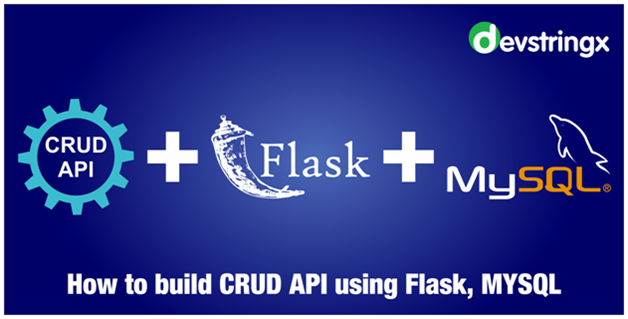Monitoring Stored Procedures with AWS CloudWatch – DS
Stored procedures are a set of SQL statements that are put together in a method-like structure in the database. They can be called and run multiple times. This can improve database performance by reducing network traffic and making code reusable.
Here’s an example of a simple stored procedure in MySQL that retrieves all records from a table:
DELIMITER //
CREATE PROCEDURE SampleProcedreCode()
BEGIN
SELECT * FROM SampleTableName;
END //
Delimiter
The stored Procedures can contain complex SQL Queries, conditional statements, loops, and variables. They allow you to embed the database functionality into reusable objects.
You can use cloud metrics to monitor the performance of the Stored Procedure in our Amazon EC2. These metrics can give us insights into the execution time, resource usage, and any errors or issues with your stored procedures.
We can optimize our stored Procedure by re-ordering the SQL Queries and searching from a lesser number of tables for any particular data. Stored Procedure optimization improves the performance of the SQL Queries, which eventually adds up to the enhancement of the performance of the application.
Create Store Procedures in Amazon EC2’s MySQL Server:
You can use the MySQL Server, MySQL Workbench, or any other MySQL client software to run commands stored in our EC2 instance directly from the command line. Use the connection information provided by Amazon RDS directly to your RDS for example MySQL. Once the connection is established, we can use a CALL statement, such as CALL SampleProcedreCode(). This will execute the stored command and return the result.
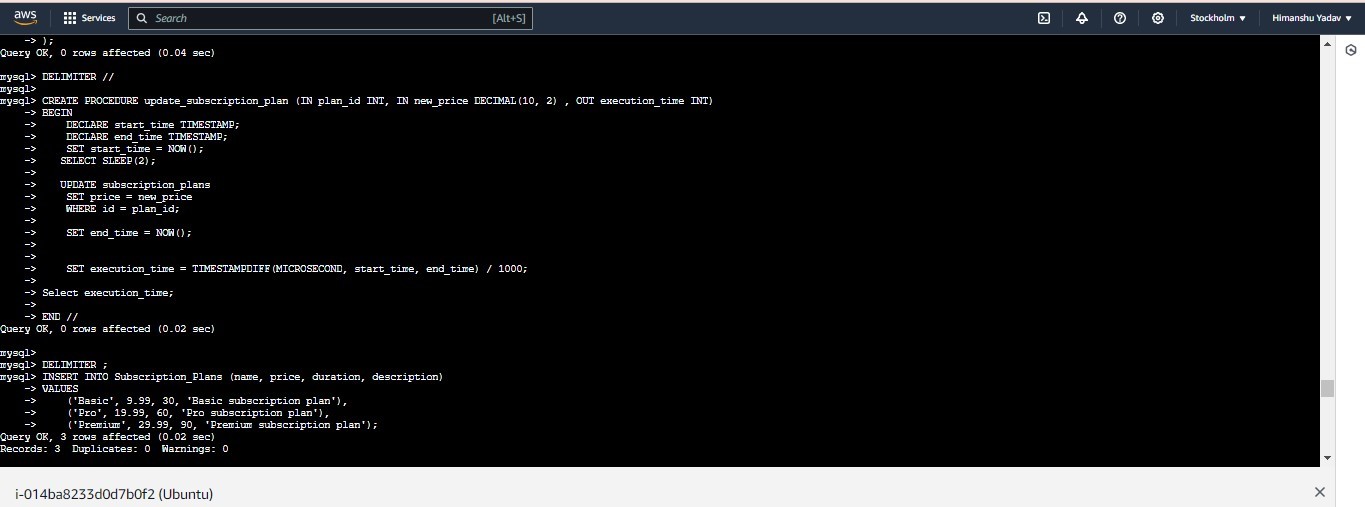
Monitor Performance Using AWS Cloud Metrics:
Amazon offers a monitoring service called CloudWatch, which allows you to monitor the performance of Stored Procedures in our RDS instance, EC2 Instance. CloudWatch provides metrics to track the time it took to execute the Stored Procedures, either directly from the Cloud or through local.
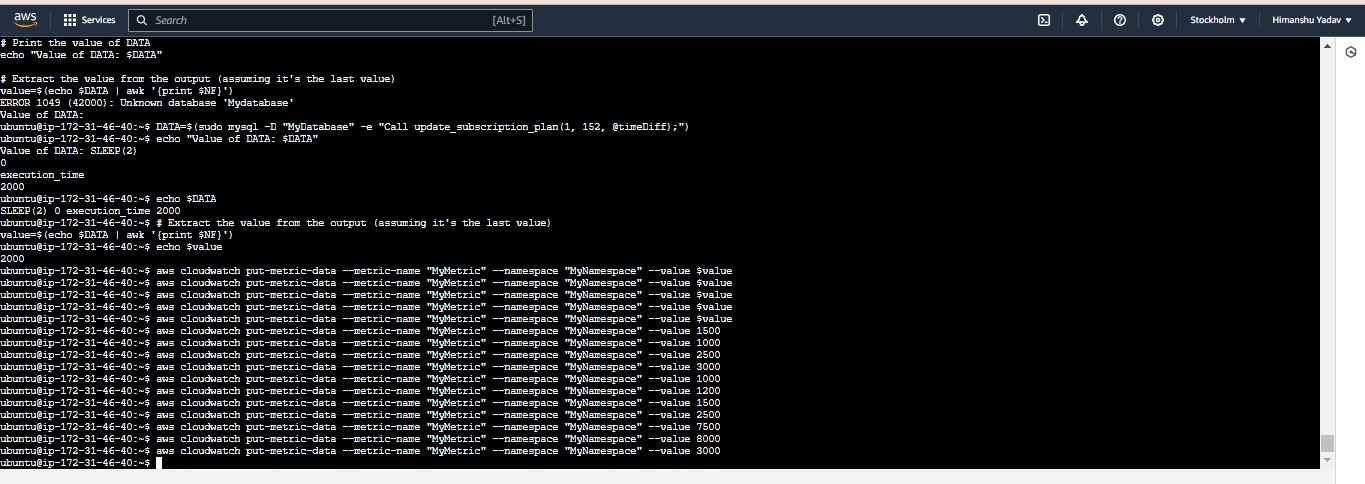
Enable Enhanced Monitoring:
AWS RDS and EC2 Instances provide Enhanced Monitoring. It collects health and performance metrics for your DB instance. You can enable Enhanced Monitoring through the AWS Management Console or CLI.
View Metrics in CloudWatch:
After enabling Enhanced Monitoring, you can view the metrics in Amazon CloudWatch. Metrics like CPU utilization, memory usage, and disk I/O help identify performance bottlenecks. You can then optimize your stored procedures.
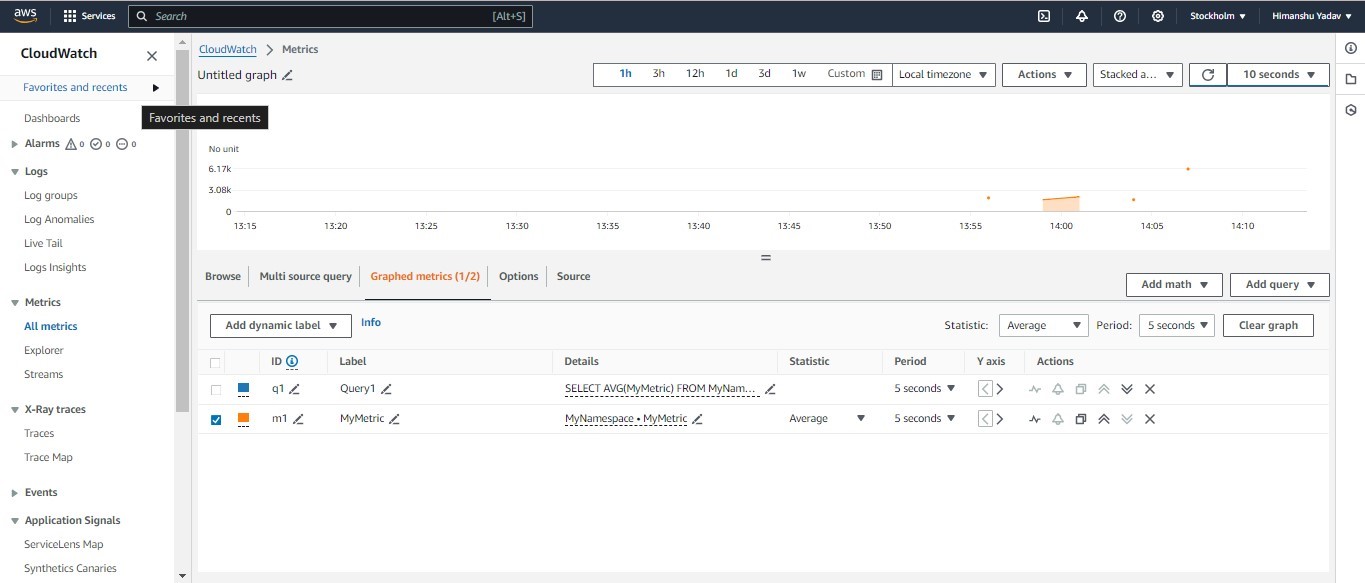
Setup Custom Metrics
You can also set up custom metrics in CloudWatch. Monitor specific aspects of your stored procedures, such as execution time or number of calls. This tracks their performance over time, aiding informed optimization decisions.
Conclusion
Stored procedures written and run in cloud databases like Amazon RDS or EC2 for MySQL can boost performance code optimization and low latency applications. By monitoring Stored Procedures stats via AWS Cloud Metrics, we can fine-tune them for peak efficiency and smooth DB app operation. Stored Procedures move logic off our app into DB. With concise code/variable handling, stored procedures are easy to develop/maintain.
Related Post:-

